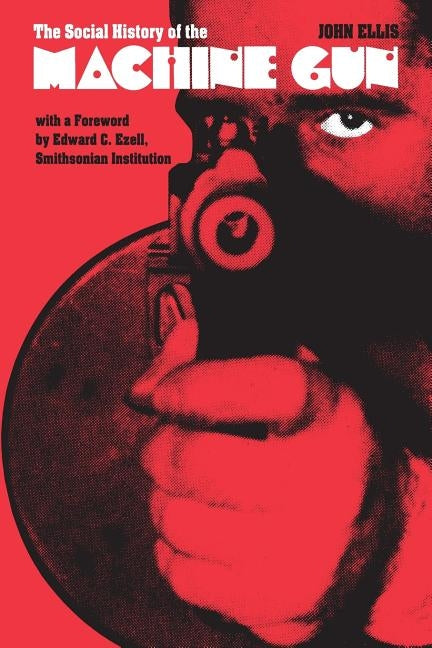Johns Hopkins University Press
The Social History of the Machine Gun
The Social History of the Machine Gun
Couldn't load pickup availability
In this stunning account of the human impact of a single machine, John Ellis argues that the history of technology and military history are "part and parcel of social history in general." The Social History of the Machine Gun, now with a new foreword by Edward C. Ezell, provides an original and fascinating interpretation of weaponry, warfare, and society in nineteenth-and twentieth-century Europe and America.
From its beginning, the machine gun threatened established assumptions about the nature of war. In spite of its highly effective use in the European colonization of Africa, the machine gun was resisted by military elites, who clung to "the old certanties of the battlefield--the glorious change and opportunities for individual heroism." These values were carried into the trenches of World War I and swept away along with a generation of soldiers.
After the war, machine guns became commercially availble in America and in many ways became a symbol of the times. Advertisements touted the Thompson submachine gun as the ideal weapon for protecting factory and farm, while "tommy guns" entered the culture's imagination with Machine Gun Kelly and Boonie and Clyde. More significantly, Ellis suggests, the machine gun was the catalyst for the modern arms race. It necessitated a technological response: first the armored tank, then the jet fighter, and, perhaps ultimately, the hydrogen bomb.
Author: John Ellis
Publisher: Johns Hopkins University Press
Published: 08/01/1986
Pages: 200
Binding Type: Paperback
Weight: 0.64lbs
Size: 9.46h x 5.86w x 0.47d
ISBN: 9780801833588
About the Author
John Ellis is the author of Eye-Deep in Hell: Trench Warfare in World War I, also published by Johns Hopkins University Press.
This title is not returnable
Share


